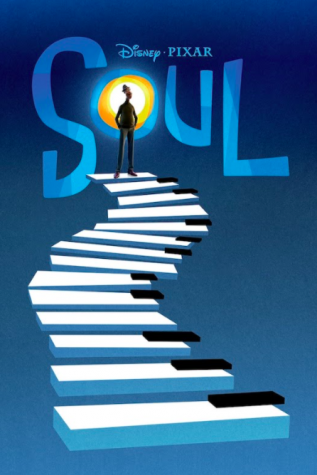Bowie’s Swan Song, Song by Song
David Bowie’s 26th and final studio album, “Blackstar,” was released just two days before his untimely passing. In that short period of time, the album was heralded as one of his best, reinvigorating Bowie in a new light as he drifted towards his last. And, when all was revealed, “Blackstar” became an entirely new beast. Bowie had been battling cancer while he was writing the album; he faced his own mortality and designed “Blackstar” as a swan song. Every song is charged with meaning, soul, and electricity – Bowie at his most open and honest.
Despite this, the actual music contained in the album is unlikely to please the masses. Bowie’s strained upper tenor eerily floats over experimental jazz, with no real structure or points of interest. The album is cohesive, which works with the overall theme, but creates a sort of haze that the songs themselves aren’t punctual enough to escape. Bowie, being as talented as he is, likely designed it to be this way. The sound is fresh, but it certainly will not resonate with everyone.
Lazarus
The third track on the album, “Lazarus” is definitely a high point. This song most blatantly concerns his impending passing. He speaks of the effects medicine has had on his body and how nobody (before his death) knows who he really is.
He’s got “drama, can’t be stolen / Everybody knows me now.” He seems to reference Charles Bukowski’s poem “Bluebird,” saying that he’ll “be free / Just like that bluebird / Now, ain’t that just like me?” Bukowski’s “Bluebird” references a bluebird in a man’s heart that he won’t let anybody see because he is too stubborn to allow it to freely fly.
“Lazarus” clearly references the raising of the dead back to life, which can be interpreted as him saying that this album will truly show the world the man David Bowie is. Musically, “Lazarus” has a killer guitar riff throughout the song and a rather powerful bridge section.
Blackstar
The title track of the album, “Blackstar,” thematically ties the whole thing together while being a mishmash of oddly Gregorian-sounding crooning and somewhat traditional Bowie.
The song has a quick, almost erratic, drum beat for the first four of its ten minutes. Around the four-and-a-half-minute mark, the song heralds back to a more pop-oriented Bowie, before quickly cooling into a slower chant for the rest of the song. The song carries a feeling of dread as Bowie sings about his death, “Something happened on the day he died / spirit rose a meter then stepped aside / Somebody else took his place, and bravely cried / I’m a blackstar.” The lyrics are sensational and very hard to understand, but clearly carry a theme of death as the music builds dread leading up to that death.
Jon Lamson ’18, when asked about his thoughts on the album, said: “At its best, it’s decent elevator music.” This scathing remark carries some truth, and is likely the reaction of the Groton and regular population that listen to it.
The meaning of the album is harrowing; the music is experimental but flat. Although “Blackstar” received wide critical acclaim, I speculate that most critics positively reviewed it for the meaning and significance, not necessarily for the music itself. “Blackstar” means a lot, but the songs muddle the tremendous swan song Bowie’s last album should have been.
He made what he wanted to make, whether or not we enjoy it.




